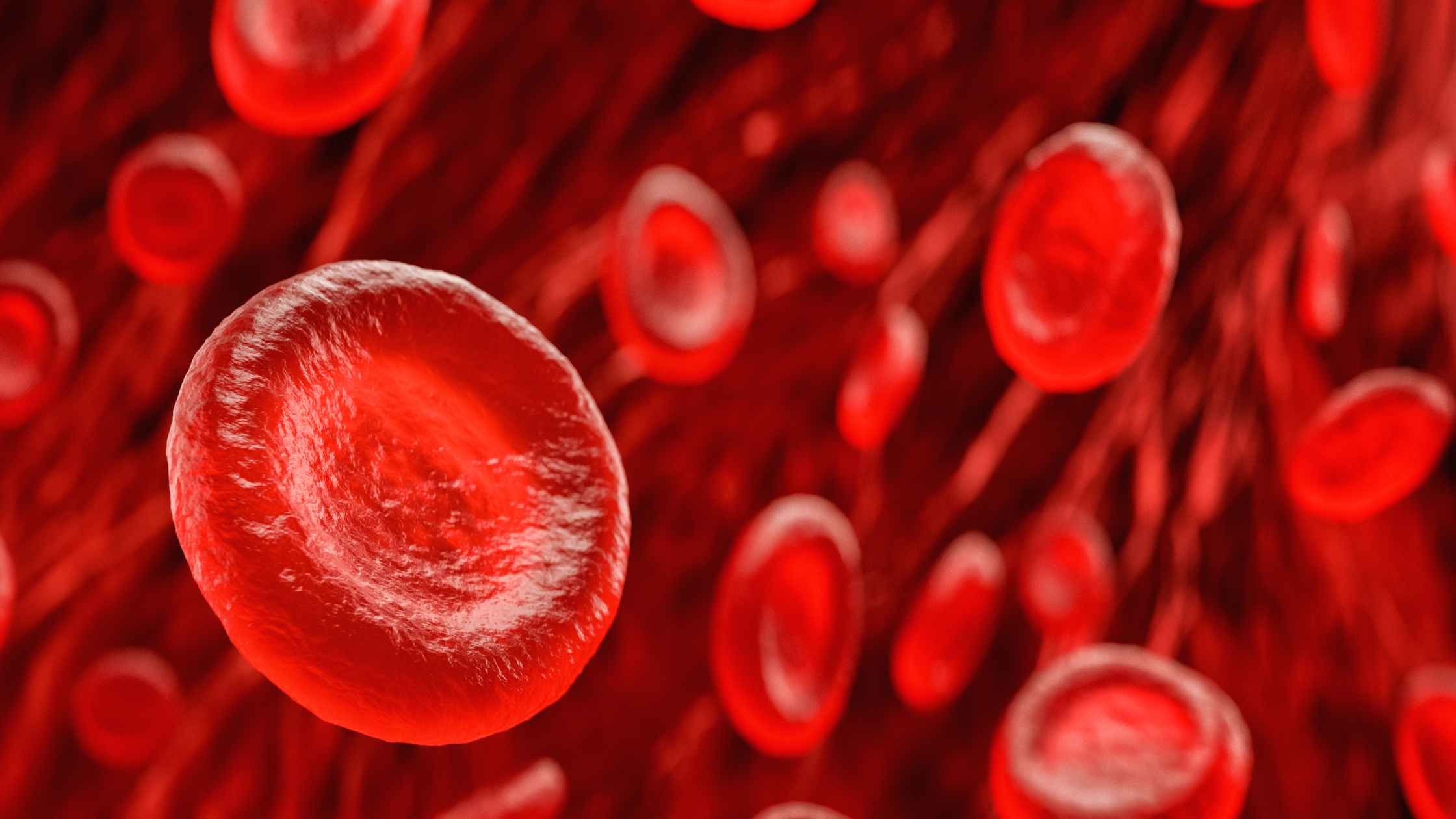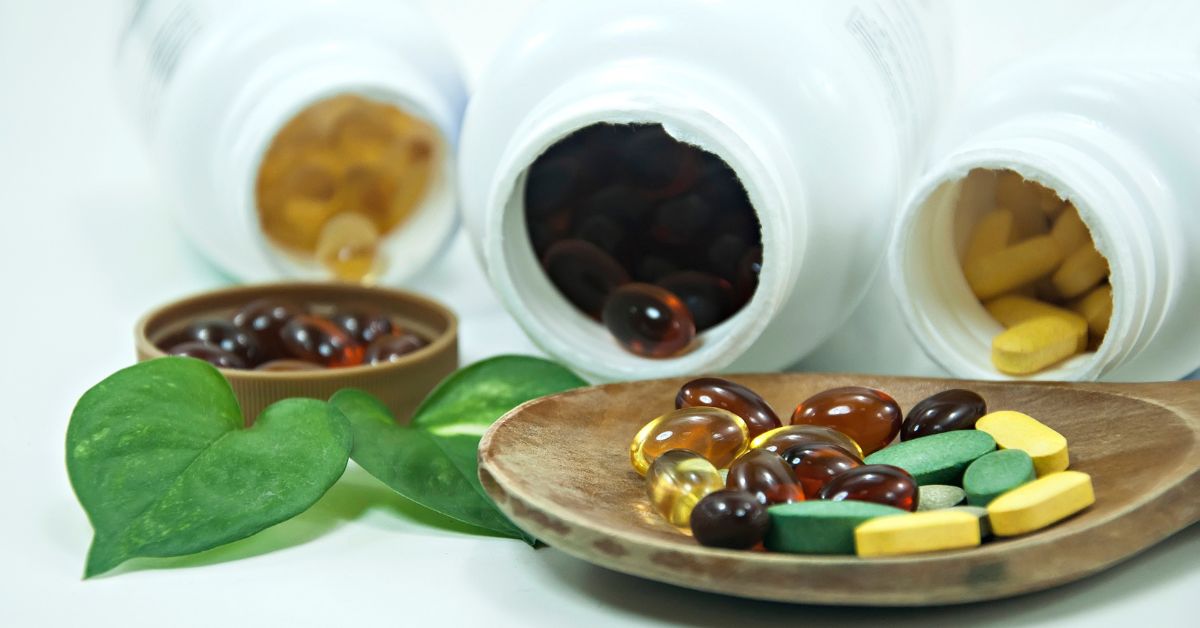Can Vitamins and Supplements Help Increase Blood Flow?
What is blood flow, and why is it essential for our health?
Blood flow is the continuous movement of blood through the circulatory system. This blood flow is vital to our health for several reasons. First, blood flow helps to transport oxygen and other nutrients to our cells. This is essential for cell growth and repair. Second, blood flow helps to remove waste products from our cells. Without proper blood flow, these waste products would build up and damage our cells. Finally, blood flow plays a vital role in our immune system by carrying white blood cells and antibodies to fight infection. In short, blood flow is essential for maintaining a healthy body.
Can vitamins help increase blood flow?
Vitamins and minerals are essential nutrients that our bodies need to function properly. They play an important role in many of our bodily processes, including blood circulation. Therefore, it makes sense that taking extra vitamins and minerals could potentially increase blood flow.
There is some evidence to suggest that specific vitamins can help to increase blood flow. For example, vitamins C and E are both antioxidants that can help to protect the body against damage from free radicals. These vitamins have been shown to improve blood vessel function and reduce inflammation, which can help increase blood flow.
Additionally, vitamin B3 has been shown to improve blood vessel dilation and reduce platelet aggregation, which can also help increase blood flow. While more research is needed, these vitamins may offer potential benefits for those looking to improve their blood flow.
If you’re considering taking vitamins or supplements to increase your blood flow, it’s important to speak with your doctor first. Some supplements can interact with medications or have other side effects, so it’s best to get the green light from a medical professional before starting any new supplement regimen. While vitamins can be obtained through a healthy diet, some people may not get enough specific vitamins from food alone. This is where supplements come in. Vitamin supplements can help ensure that the body receives the vitamins it needs to function optimally.

Top Vitamins for Health
Vitamin C is a powerful antioxidant that helps to keep blood vessels healthy and prevents inflammation. It can be found in citrus fruits, bell peppers, broccoli and Brussels sprouts.
Vitamin E is another essential antioxidant that helps to protect blood vessels from damage. It can be found in nuts, seeds and green leafy vegetables.
Vitamin B6 is essential for producing red blood cells and helping the body use energy efficiently. It can be found in poultry, fish, whole grains and bananas.
Vitamin K is necessary for proper blood clotting and can be found in dark leafy greens, broccoli and cabbage.
Can vitamin D increase blood flow?
Vitamin D is an essential nutrient for your body. It can regulate blood pressure and protect against cardiovascular disease by relaxing artery walls, promoting proper circulation of oxygen-rich fluids throughout the entire system, and preserving those same cells from injury caused by free radicals in our environment or even within ourselves due to high levels of stress hormones.
In some ways, you might say that without this vitamin, we’re all walking around with a degree risk of heart-related ailments such as hypertension (high blood pressure), hyperparathyroidism, which leads to calcium deposits on your ventricles where they don’t belong; clogged arteries.
Including these vitamins in your diet can help to support a healthy circulatory system and prevent problems such as poor circulation, varicose veins and blood clots.
Herbs that improve blood circulation
There are a few great options if you’re looking for herbs that can help improve your blood circulation.
- Cayenne pepper is a popular choice, as it contains capsaicin, a compound that helps to dilate blood vessels and improve circulation.
- Ginger contains compounds that can help to reduce inflammation and improve blood flow.
- Garlic is a good option for people looking to improve their circulation. Garlic contains Allicin, which has been shown to help reduce stiffness in the arteries and improve blood flow.
These herbs are a great place to start if you’re looking to improve your circulation.
How can I get Vein Health Supplements?
Vein health supplements are those that help to improve vein health and function. They can be used to treat varicose veins, spider veins and other vein conditions. Vein health supplements typically contain ingredients that support vein health, such as Witch Hazel, Ginkgo Biloba, Horse Chestnut, Butcher’s Broom and Gotu Kola. These ingredients can help to improve vein elasticity, promote blood circulation, and reduce inflammation.
Vein health supplements are available in both oral and topical forms. Topical vein supplements are usually applied directly to the skin, whereas oral vein supplements are taken in pill form. Vein health supplements are generally safe for most people to use; however, it is always best to speak with a healthcare provider before taking any new supplement. Vein health supplements can be found online or in some health food stores.
Add These Foods for Improved Circulation
Did you know that what you eat can affect your circulation? It’s true! So, if you’re looking to give your circulatory system a boost, add these foods to your diet:
- Salmon. Rich in omega-3 fatty acids, which have been shown to improve circulation by keeping blood vessels flexible and preventing clots from forming.
- Cayenne pepper. Contains capsaicin, a compound that helps to dilate blood vessels and improve blood flow.
- Watermelon: Not only hydrating (which is essential for good circulation) but also contains lycopene, an antioxidant linked to better circulation.
So, next time you’re looking for a snack, reach for one of these circulation-boosting foods! Your body will thank you.
Improving circulation naturally
Circulation is the body’s process by which blood and other fluids are circulated. The circulatory system comprises the heart, blood vessels, and lymphatic vessels. Improving circulation naturally involves making lifestyle choices to encourage blood flow and prevent blockage in blood vessels. Some simple ways to improve circulation include regular exercise, eating a healthy diet and avoiding smoking.
- Exercise helps stimulate blood flow and prevent plaque buildup in blood vessels.
- Eating a healthy diet rich in fruits, vegetables and whole grains can also help to improve circulation by keeping blood vessels healthy and flexible.
- Avoiding smoking is important because nicotine causes blood vessels to constrict, which can lead to poor circulation.
Oxygen is essential for good health, and it’s also responsible for providing us with adequate nutrients. It maintains blood flow throughout our bodies as well as enhances energy levels by providing the necessary fuel needed at each tissue
Stay hydrated
It’s no secret that water is important for our health. Not only does it keep our bodies functioning properly, but it also helps to keep us feeling energized and focused. However, many of us don’t drink enough water throughout the day. In fact, according to a recent study, nearly 75% of Americans are chronically dehydrated. There are a number of reasons for this, including busy schedules and the availability of other beverages like coffee and soda. However, the bottom line is that we need to be drinking more water.

There are easy ways to make sure you’re staying hydrated. First, try to drink a glass of water as soon as you wake up in the morning. This will help to rehydrate your body after a long night’s sleep. Additionally, be sure to stay hydrated throughout the day by drinking water when thirsty, instead of drinks like soda, juices and other beverages. By following these simple steps, you can make sure you’re getting the water your body needs to function at its best.
As we have discussed, many factors can have an effect on our body’s blood flow. Remember, If you’re considering taking vitamins or supplements to increase your blood flow, it’s important to speak with your doctor first. Some supplements can interact with medications or have other side effects, so it’s best to get the green light from a medical professional before starting any new supplement regimen.


